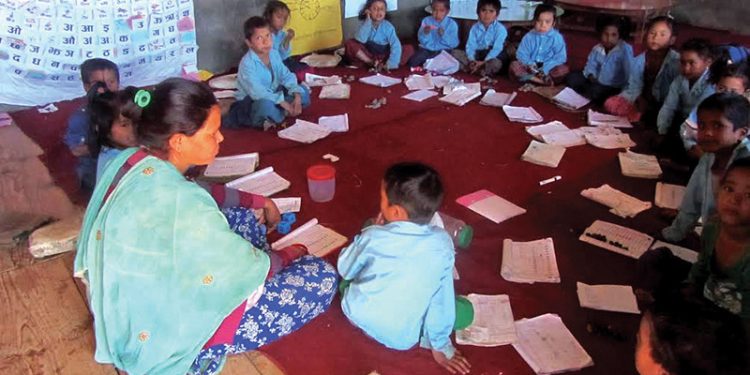Child psychology is a branch of psychology that focuses on the mental, emotional, and behavioral development of children from infancy through adolescence. It involves studying various aspects of children’s cognitive, social, and emotional processes to understand how they grow and interact with the world around them.
In the context of Nepal, child psychology is necessary for several reasons:
- Understanding Developmental Stages: Child psychologists in Nepal can help parents, educators, and policymakers understand the different developmental stages children go through. This understanding is crucial for creating age-appropriate learning environments and interventions.
- Early Identification and Intervention: Child psychologists play a vital role in early identification of developmental and behavioral issues in children. Early intervention can lead to better outcomes for children facing challenges such as learning disabilities, behavioral disorders, or emotional issues.
- Educational Strategies: By understanding the cognitive and emotional development of children, educators can tailor teaching strategies to meet the needs of students at different age levels. This can contribute to more effective and child-friendly education systems.
- Parental Guidance: Child psychologists provide support and guidance to parents in understanding their child’s behavior, emotions, and needs. This helps in fostering healthy parent-child relationships and creating a nurturing environment at home.
- Mental Health: Addressing the mental health of children is crucial, considering the increasing awareness of mental health issues globally. Child psychologists can work towards destigmatizing mental health concerns and providing appropriate interventions for children facing emotional or psychological challenges.
- Policy and Advocacy: Child psychologists can contribute to the development of policies and programs that prioritize the well-being of children in areas such as education, healthcare, and social services.
- Cultural Sensitivity: Understanding child psychology in the context of Nepal involves being sensitive to the cultural, social, and economic factors that influence child development. This ensures that interventions and strategies are culturally relevant and effective.
In summary, child psychology is necessary in Nepal to promote the well-being of children, enhance their educational experiences, provide early interventions for developmental challenges, and contribute to the overall mental health of the younger population.






